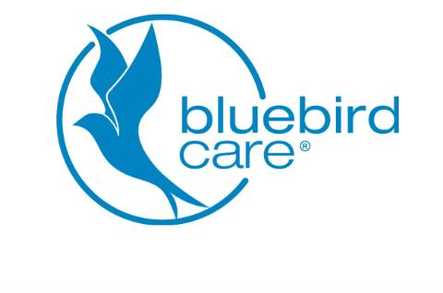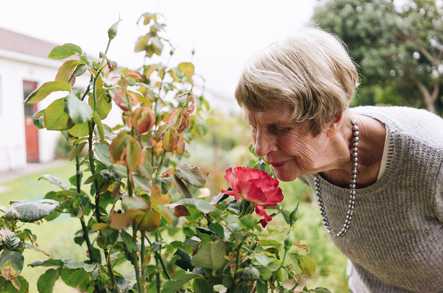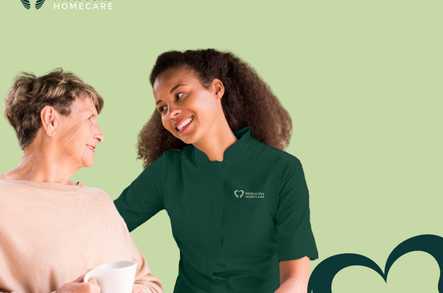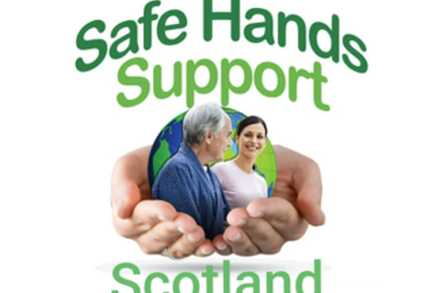Safe Hands Support Scotland Ltd.
|
Profile Strength |
Fair 43%

|
|---|---|
| Care Type | Home Care |
| Care Category | Personal | Dementia | Respite |
| Availability | Yes |
| Regulator's Rating | Not Yet Rated |
| Care Options | We Can Provide |
|---|---|
| Care Given | Companionship, Complex Care, Daily Respite Care, Emergency Care, End of Life, Independent Living, Learning Disability (ALD), Mental Healthcare, Nursing Dementia / EMI, Palliative, Personal care, Reablement, Rehabilitation, Support for Couples. |
| Disability Support | Bed Bound, Hearing Impairment, Physical Disability, Physically Frail, Requires Hoist , Speech Impairment, Visual Impairment, Walking Frame, Wheel Chair Bound. |
| Housekeeping | Cleaning, Household Admin, Laundry, Meal Preparation, Medical Appointments, Prescription Collection, Shopping, Tidying, Transportation. |
| Nursing Specialisms | Alcohol and Drugs misuse, Cancer, Cerebral Palsy, Depression, Diabetes, Epilepsy, Heart Disease, Liver Disease, Motor Neurone Disease (MND), Multiple Sclerosis, Muscular Dystrophy (MD), Normal Pressure Hydrocephalus, Parkinson's Disease, Schizophrenia, Stroke, Traumatic Brain Injury, Ulcerative Colitis. |
| Medication | By Mouth, Change Catheter, Electronic Medication Management, Suppository. |
| Type Of Dementia | Mild Dementia, Moderate Dementia, Severe Dementia (EMI). |
| Dementia Behaviour | Challenging Behaviour, Disrupted Sleep Patterns, Mild Forgetfulness, Wandering . |
| Dementia Specialisms | Alzheimer's, Vascular Dementia. |
| Care Visits | 1 Hour, 2 Hours, 3 Hours, 30 Mins, 4 Hours, 6 Hours, Full Day, Full Day & Night, Night Service (awake / waking), Sitting-in Service, Sleep-in Service. |
| Transport | Carer provides own vehicle. |
| Technology | Family Apps, Home Automation, Home Safety Monitoring, Key Safes, Personal Alarm, Telehealth Monitoring. |
Regulator: Care Inspectorate - Scotland
Autumna uses the Care Inspectorate's combined grading data which combines information from their new quality framework evaluations and their previous quality inspection methodology. If no recent rating has been awarded, an older rating from a previous inspection will be displayed.
| Category | Rating |
|---|---|
| Read More | https://www.careinspectorate.com/index.php/care-services?detail=CS2020379896 |
| Report Published | 23rd September 2021 |
We cover Stirlingshire, Clackmannanshire as Framework provider with both Local Authority
In Stirling Town we also provide bespoken service as Respite Centre/Day Care Centre where Adults can spend time together. We welcome everyone who like to socialise and cannot be at home alone (Due to health Issue, Disabilities or Learning Difficulties) for 4 or 8 hours sessions. More Information's require please send us an email to info@safehandssupportscotland.co.uk
Our Registered Address is:
Office 4 Imex Business Centre
Broadleys Business Park
Stirling
Stirlingshire
FK7 7WU
Other Home Care services in the area worth considering

Ion Care And Support (Home Care)
Unit 6 Heritage Way, Coatbridge, Scotland, ML5 1QD
Personal | Dementia | Respite


Bluebird Care South Lanarkshire
The Building Design Centre, 125 Muir Street, Hamilton, ML3 6BJ
Personal | Dementia | Respite


Meloosha Homecare Glasgow South
48 West George Street, Glasgow, G2 1BP
Personal | Dementia | Respite


Meloosha Homecare Glasgow North
Newton Place, Glasgow, G3 7PR
Personal | Dementia | Nursing | Respite

Frequently asked questions about Safe Hands Support Scotland Ltd.
The UK's largest & most detailed directory of elderly care and retirement living options
10,337
Care Homes
11,919
Home Care Services
1,661
Live-in Care Services
1,755
Retirement Living Developments
Autumna is the UK's largest and most comprehensive later-life living & elderly care directory. Our detailed search facility and team of expert advisors can help you find the best care homes, nursing homes, retirement homes, retirement villages, home care, and live-in care services for you or your loved one's needs. Our website is free to use, we are proudly independent, and we never take referral fees.








